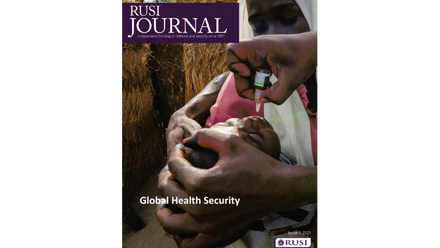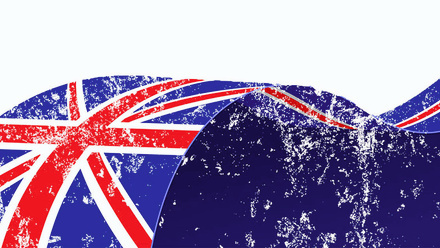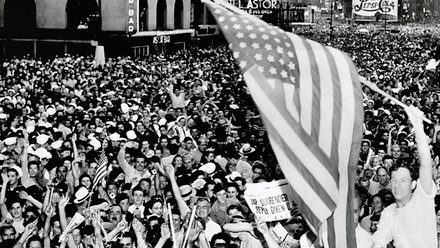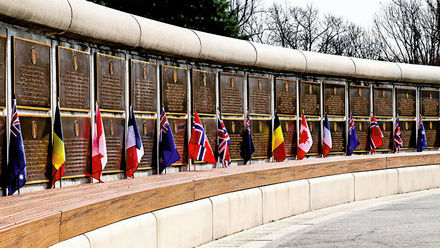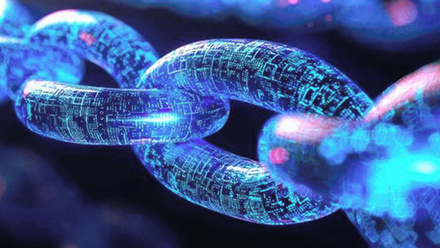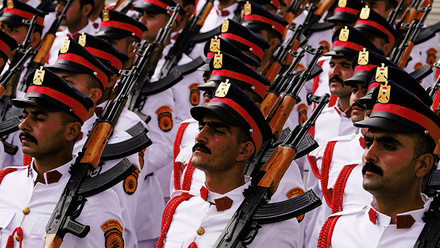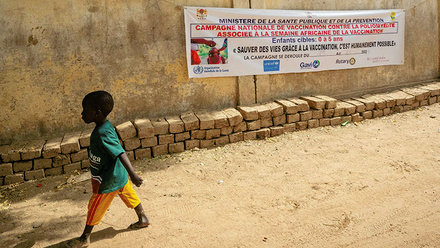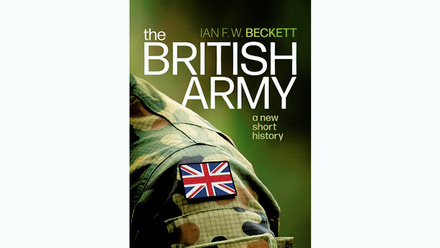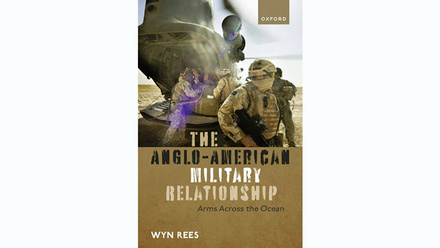Editor's Note
This issue of the RUSI Journal is the last one I have the privilege of presenting to our readers before I hand over the helm of RUSI’s flagship to my successor – and what an enriching experience being the Editor of this Journal has been. For 14 years, I was uniquely positioned to observe how the world has changed, and to help shape how we discuss and analyse defence and security developments as they happen.
When I took over editing the Journal in the early 2010s, much of the debate in the UK and the wider Anglo-Saxon world still revolved around counterinsurgency, while the experiences of Iraq and Afghanistan loomed large. There was talk of deterrence and increasingly of hybrid warfare and the grey zone, and the debate about cyber was meaningfully coming into its own – but nuclear confrontation seemed a thing of the past, and NATO was still seeking a role for itself beyond what seemed the very unlikely need to defend Europe in a traditional state conflict. Change was on the horizon – social media and other new forms of communication and disruptive technologies enabled the emergence of new actors and new threats, while climate change, migration, global health and transnational organised crime presented new challenges. It was a world in flux, but one that seemed decidedly past what we had come to associate with the imperial ambitions of the 19th century or the global wars and ideological confrontations of the 20th century. The international architecture built during the Cold War needed reform, but from a Western perspective its principles seemed both sound and enduring – and any challenges coming from China and other emerging powers seemed manageable with adjustment and recalibration rather than revolution.
In 2014, we marked the centenary of the First World War and witnessed Russia’s invasion of Crimea: in hindsight, one could well see this as the watershed, marking the return to older concepts of interstate relations, power and the use of force. If the Covid-19 pandemic laid bare the vulnerabilities of the globalised economy and its supply chains, the 2020s have worrying echoes of earlier pre-war eras. Yet history never repeats itself quite so neatly: over the years, I often sought to republish archival content to find commonalities and differences between past and present. Even so, the shape of geopolitics in the 21st century remains hard to define.
The international security architecture built after the end of the Second World War – and some of the wider principles that underpinned the conduct of international affairs – is under significant strain. Revisionists powers such as China and Russia are pushing to create a new rulebook, with an increasingly fractured West scrambling for a response. The debate is now very much focused on what a potential conflict would (will) look like: how should the West prepare for an actual state-on-state confrontation that it had, until just over a decade ago, considered unthinkable? In fact, the concept of the West itself is increasingly fraying at the edges, and the UK and its European neighbours are called to envision new forms of alliance and cooperation with far less reliance on an increasingly reluctant and unpredictable US ally. All this is happening in the midst of the accelerated changes that already dominated the international security landscape over a decade ago: climate change; resource scarcity; hypercharged technologies; and increasingly powerful non-state actors. These add to the complexity and uncertainty confronting today’s decision-makers and all those who seek to better understand the world we live in and the future we may face.
As Editor, I sought to reflect and elucidate these multifaceted debates. As one of the oldest publications on defence and security in the world, the Journal also had to navigate an increasingly competitive landscape in which excellent (or at least quick) information and analysis can be accessed with a click – and where the competition for readers (and listeners) is fierce. I am immensely grateful to everyone who helped me meet this double challenge – analysts, historians, journalists, researchers, practitioners, reviewers, editorial board members, editors and designers who over the years helped to build an ever-wider community of sharp thinking and lively debate. I greatly benefited from their insights when launching Journal-led initiatives over the years: the RUSI Journal Radio podcast; using creative and artistic approaches to illuminate questions of security, technology and geopolitics; conferences; and events to bring much of this new thinking to new audiences. Together, we may not have found answers, but we certainly found new, more sophisticated and hopefully more enlightened questions to ask.
Finally, thank you to all the readers, old and new, without whom none of this work would make sense. The Journal’s ever growing following – its intelligent, critical, demanding and sophisticated readers – is probably a sign of the times we live in, but I hope it is also a testament to the efforts of all those who have contributed to its publication over the years. They helped me to take the Journal in new directions, while remaining true to its origins as the leading forum for defence and security debate.
It has been an honour and a pleasure.
Dr Emma De AngelisOutgoing Editor

